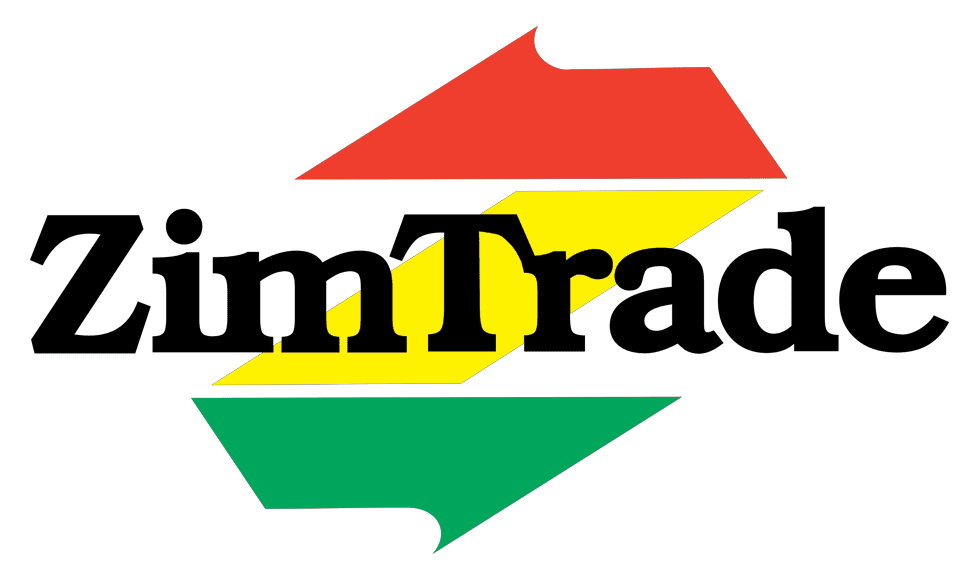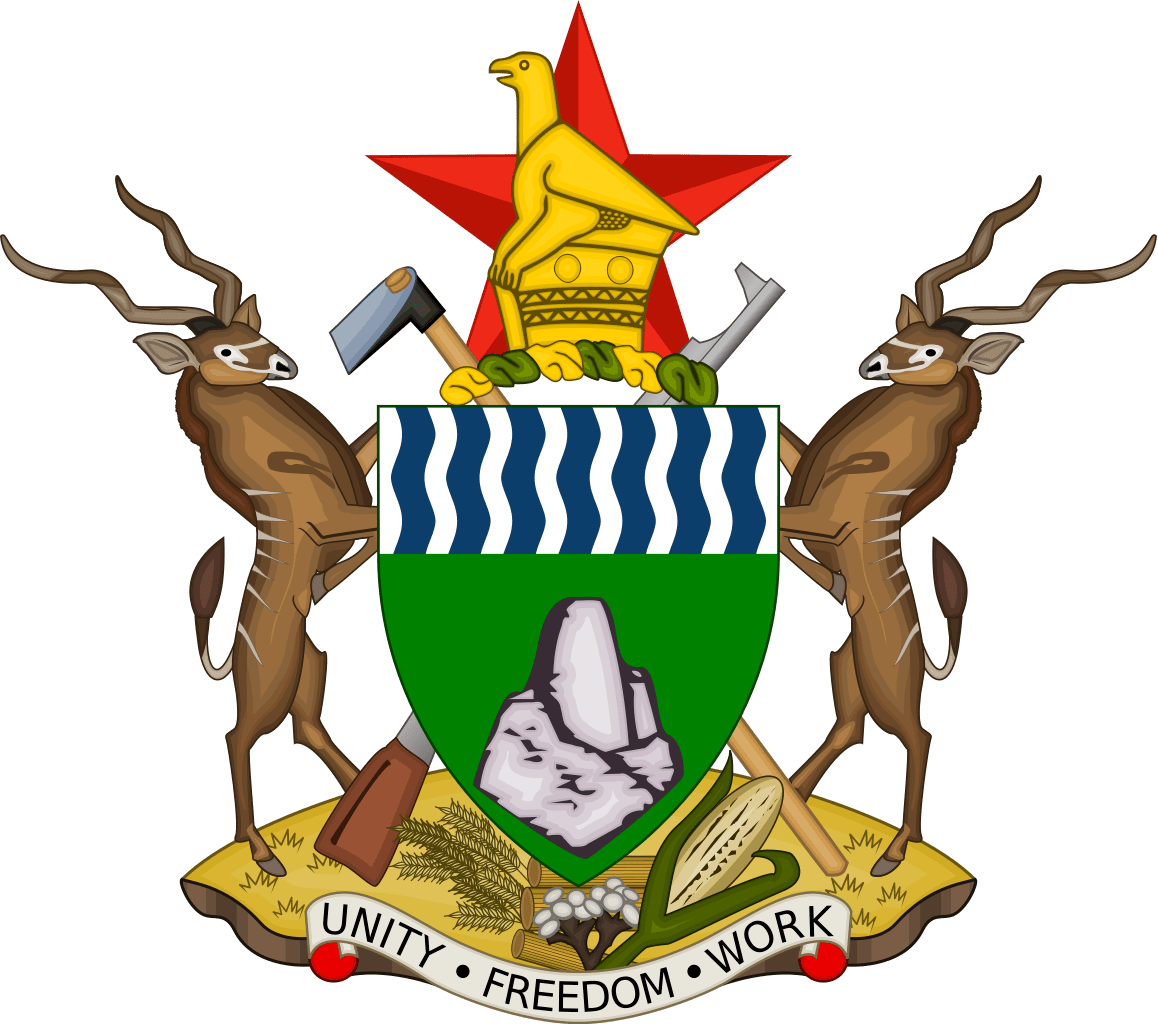Zimbabwe’s exports have seen remarkable growth in recent years, breeding optimism for the country’s economic potential.
The successful programmes implemented by President E.D Mnangagwa’s Second Republic in creating space for businesses to unlock export potential in Zimbabwe’s foreign relations continue to bear fruits.
Further to this, negotiation of both bilateral and multilateral trade agreements coupled with enhanced regional integration efforts has played a significant role in catapulting Zimbabwe’s exports onto the global stage.
This is proving that, with the right policies, trade agreements, and regional integration efforts, a landlocked nation can transform its export sector into a thriving force within the global economy.
As the nation continues to harness the benefits of these dynamics, Zimbabwe’s exporters are confidently stepping onto the international stage, creating a brighter and more prosperous future for the country.
From the ongoing activities, it is clear that Zimbabwe will continue to grow its footprint in export markets.
For example, ZimTrade – national trade development and promotion organisation recently facilitated the participation of over 24 local companies at the largest trade fair in Botswana, where they directly engage with retail buyers, wholesalers, and distributors as well as the public who all took a keen interest in the products on display.
The participation at the Global Expo Botswana 2023, which ran from 11-14 October in Gaborone, is one of many deliberate efforts to leverage relations between Zimbabwe and its neighbour Botswana towards improved trade.
At the fair, participated by over seven other countries, such as Cyprus, South Africa, Angola, and Kenya, saw Zimbabwe winning the Best International Exhibitor, a further testimony on the successes of efforts to boost the visibility of Zimbabwean products and services in regional markets.
The Expo also revealed success recorded by local companies in building strong brands in the market.
Local brands in the food processed sector such as tea and canned food evoked nostalgia in visitors to the Zimbabwe pavilion, demonstrating how developing recognisable, strong brands can benefit exporters over time.
Distributors often asked for the products by brand name, with distributors and retailers alike expressing interest in carrying these brands in-store as they could market themselves owing to the strong brand names.
Zimbabwe diversifying exports to Botswana
Zimbabwe’s strategically planned exports, including agricultural produce, mining products, building and construction materials, clothing and textiles, and processed foods, have increasingly gained significant traction in Botswana’s market.
This expansion of trade horizons has not only boosted Zimbabwe’s export figures but has also showcased its potential as an important regional player.
From agricultural produce to mining commodities and manufactured goods, Zimbabwe’s export basket into Botswana has become increasingly diversified and reflective of its rich resource endowment.
The diversification has allowed Zimbabwe to tap into new markets while minimizing the risks associated with relying on a single commodity’s export revenues.
As a result, Zimbabwean businesses have been able to capture a larger market share in Botswana, fostering economic growth and employment opportunities back home.
The increased market share has however not only been restricted to larger companies, but to small enterprises including youth and women owned business.
To ensure exposure of these two groups, part of the exhibitors at GEB 2023 included past and present participants in the youth exporter incubator program ZimTrade-run Eagles Nest, as well as the prestigious female entrepreneur empowerment program NEXT She Exporter.
This is part of deliberate moves to ensure that the exporter base is inclusive, and women and the youth are involved in contributing to exports and in trade discourse.
Botswana fair a boost for Zimbabwe
Botswana and Zimbabwe share cordial political relations that have cascaded into better trade relations; and as a result, the two countries have a bilateral trade agreement signed in 2018 which allows duty free, quota free access on certain goods under the agreement.
Expanding the scope of bilateral trade, this agreement has paved the way for a diverse range of Zimbabwean goods to enter Botswana’s flourishing market, thereby enhancing economic cooperation between the two countries.
The Global Expo Botswana 2023 gave exhibitors an opportunity to discuss specific market requirements with buyers towards ensuring that our local companies produce to requirements in line with Botswana’s regulations and market preferences.
Zimbabwean companies were advised on strategies that can deploy to unlock access to markets, especially in line with existing requirements.
For example, some of the companies were advised on the need for tomato paste made to specifications, as Botswana currently has an import ban on tomatoes along a couple of other horticultural produce.
This ban has created demand for tomatoes for food processing as most of the internal capacity for tomato production in that country goes towards household consumption.
Zimbabwean companies into tomato production can consider Botswana as an export destination by value adding their tomatoes as per specific buyer requirements.
Several buyers who interacted with Zimbabwean products also pointed on the quality of local products, which they confirmed was higher than what competition is offering.
For example, the leather products from Zimbabwe were reviewed as unique, and had signature styles that could not be mistaken for the next.
Zimbabwean companies looking to explore the Botswana market must therefore ensure the highest quality possible as this will make it easy to unlock access to high-end consumers in the market.
Further to this, Botswana has a thriving beef industry, but is yet to develop a leather industry backed by a tannery to process exotic and indigenous hides and skins.
There are opportunities for Zimbabwean tanneries to grow their exports, by importing the raw leather from Botswana for processing locally.
Indications are that the Botswana Government is prepared to support companies that are looking to partner with Botswana firms on the development of certain value chains.
For example, during his visit to the Zimbabwe Pavilion, President Mokgweetsi Masisi made note of potential for Zimbabwean companies to offer skills training for shoe manufacturing in Botswana.
President Masisi also acknowledged the good strides Zimbabwe has taken in developing its horticulture sector and hinted on possibility of collaboration to train farmers in Botswana in production of certain crops.







